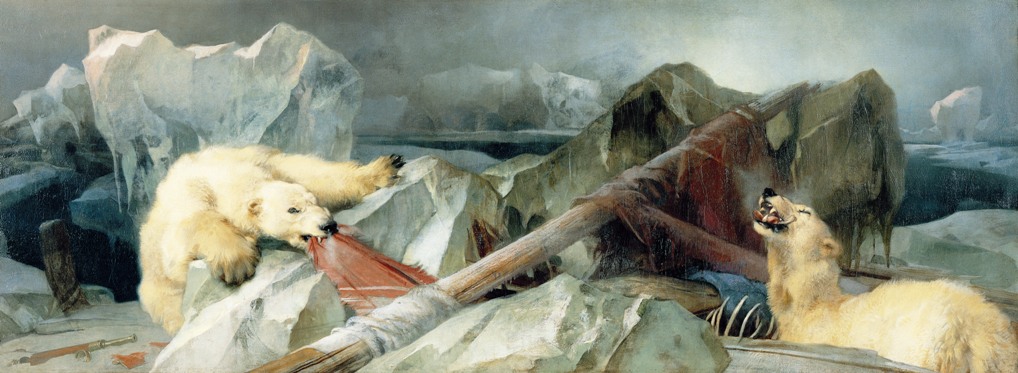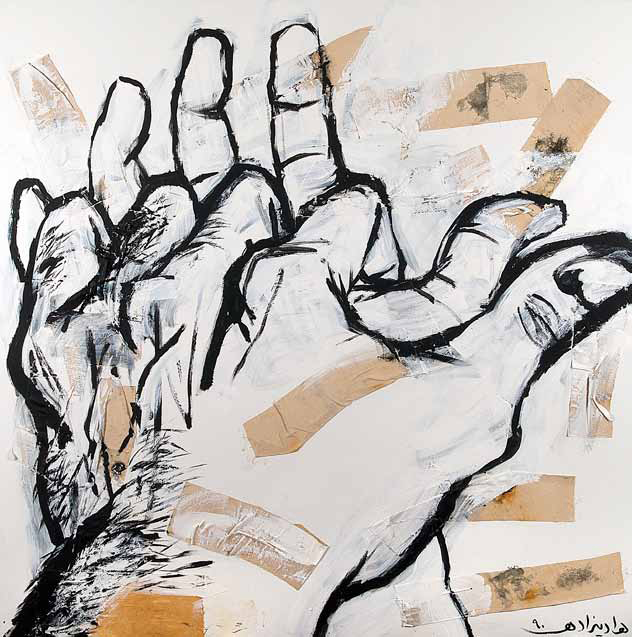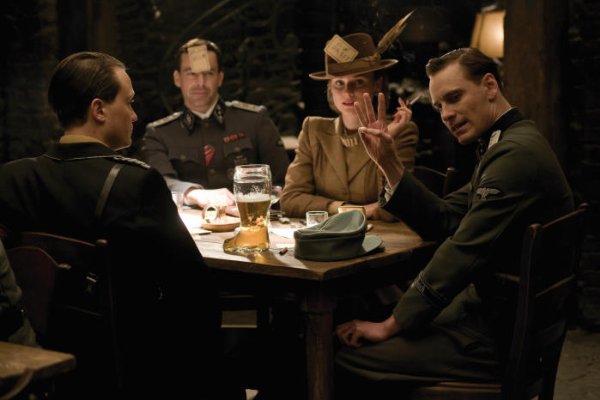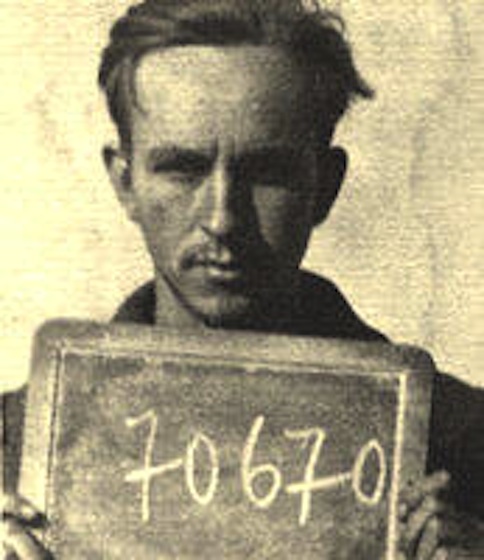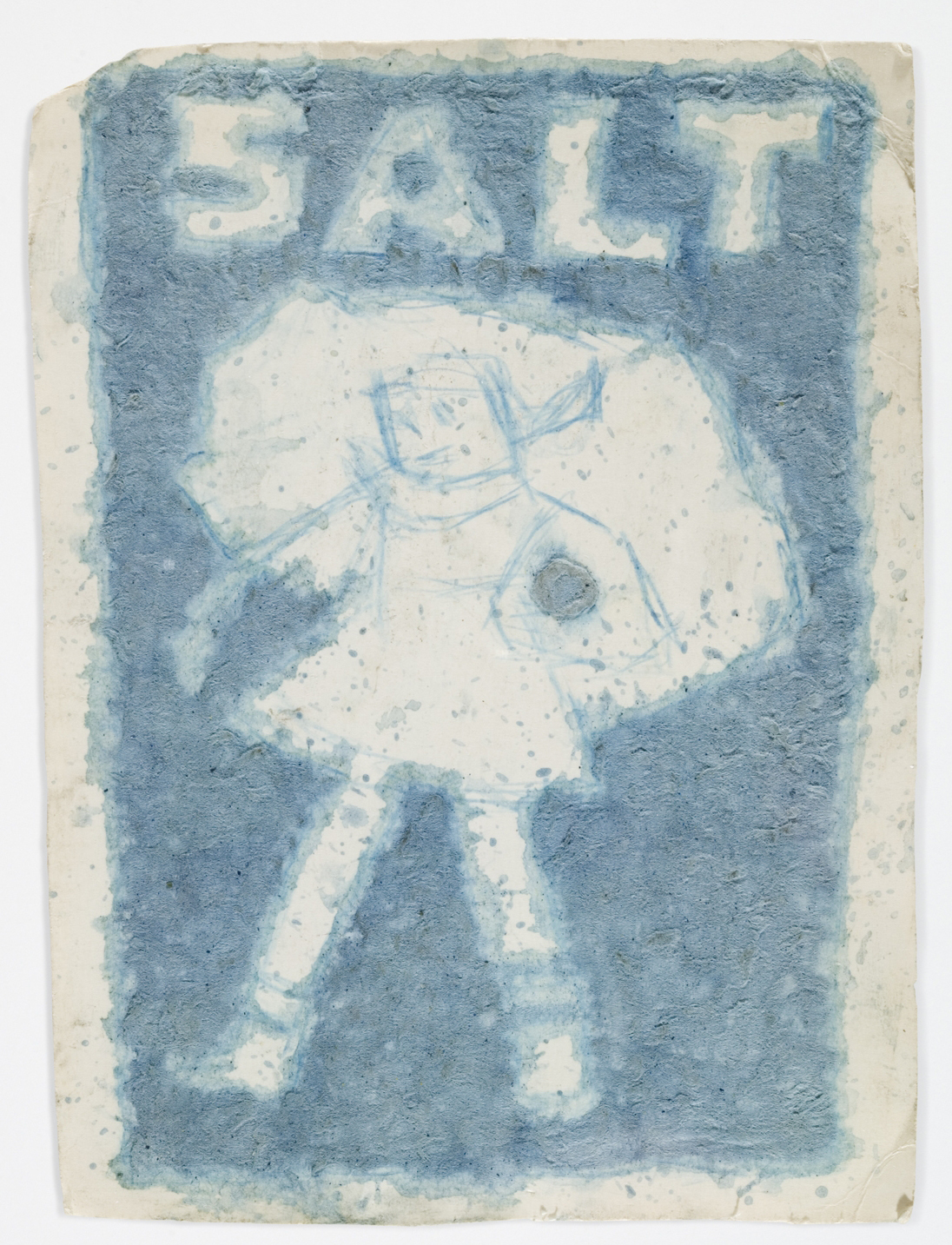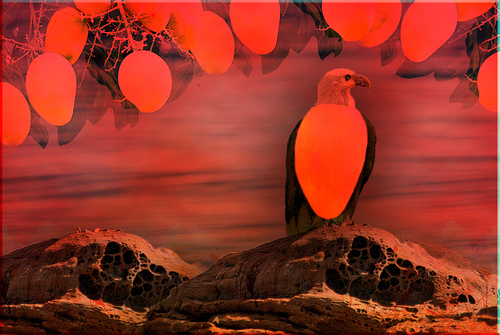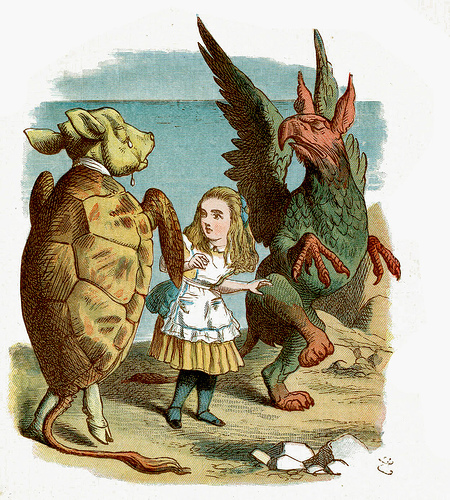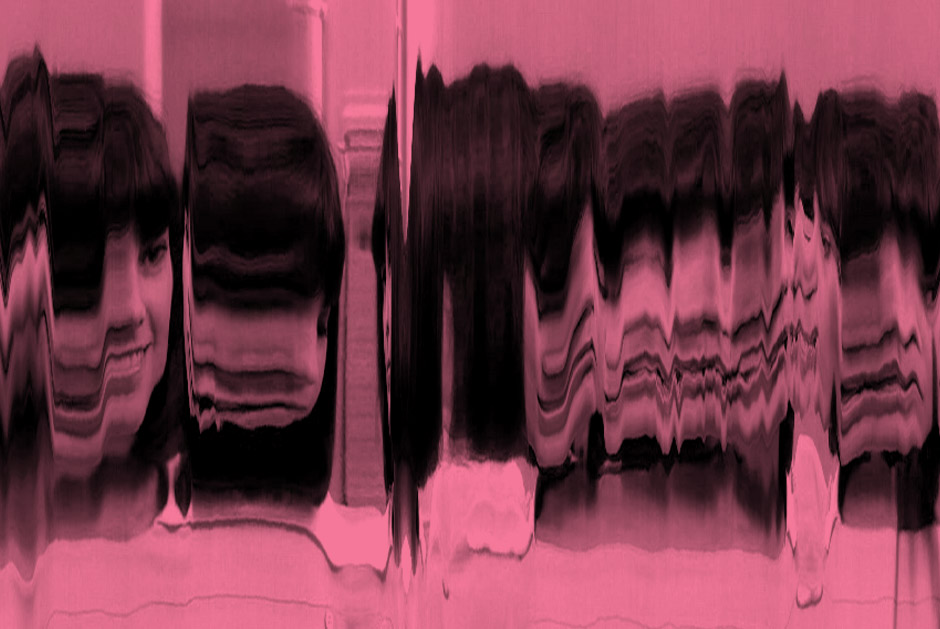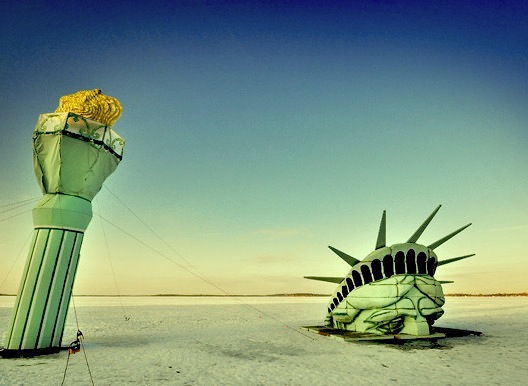Technicolor Tehran
Every news feed item and broadcast want you to forget about the life and activity teeming there.

Beyond purely instinctual attraction, at least two things draw me to street art. The first is that despite international crossings of artists, motifs, and even movements since at least the early 1980s, graphic representations still retain cultural specificity. The all-purpose term visual culture can flatten the differences between what pixacão on buildings in São Paulo signifies versus the constant overlay of work on a single, ever-changing wall in Central Square. Street art inherently demands a comparative perspective. The second is the unfixed, non-predetermined, and non-universalist meanings attached to that activity. Your predispositions are unmoored in a serious way. To give an example of what I mean: when street art in Tehran was taken up as a topic here before, it was in a personal/familial (even anguished) way: graffiti deployed in opposition (and later, punishment) rather than beautification. My uncle's prison sentence after spraying anti-IRI graffiti as a teenager was an entryway… Read More...

